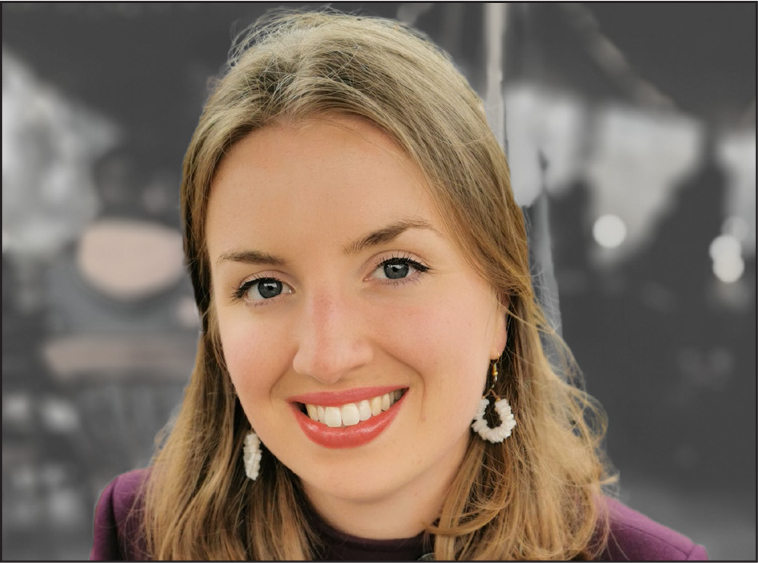
Completing a degree in nursing is challenging, there is no doubt about it. I have just finished a 4-year adult nursing degree and it feels like an almighty achievement. There have been high points and low points; moments when I felt like ‘I've got this’ and others where my confidence plummeted, and I questioned if this was truly the career for me. I didn't have a background in health care when I began my nursing studies. I used to work in nature conservation and would usually be found scaling hills to plant trees or digging paths, but the learning curve as a student nurse has by far been the steepest hill I have ever tackled.
My first ever hands-on experience of nursing was a placement in a care of the older adult ward. To say it was overwhelming would be an understatement. The contrast between working outdoors and suddenly being immersed in an extremely busy ward in a hospital in the middle of Glasgow was intense, especially when, let's be honest, I didn't know what I was doing. We had had clinical skills training at university leading up to the placement, but there were limitations on what could be taught in the classroom, and it was clear that I would learn the most in practice.
The patients in the ward were very frail and ill and some were cognitively impaired. Walking in on my first shift I didn't know where to start, but I had a real urge to help, and I figure that is what pushed me through my first placement.
On the morning of my first ever day on placement I was asked to go over and help a gentleman get washed. It took me a moment to even take a step forward as my brain was too busy processing a million questions: ‘What do I need? Where is everything kept? How do you even get somebody washed without leaving the bedside?!’. I soon realised, as a student nurse, that to ask questions is the only way to survive. Sometimes you just have to swallow your pride and ask those questions that you think are silly (even though they are probably not), for the sake of patient safety and your own personal growth.
I also remember when I was asked to fetch a bottle for a patient. When I returned after hunting high and low with a bottle of water, I was met with laughter from my colleagues and promptly shown to the box of urine bottles in the sluice. My face reddened and I slunk away to correct my mistake, suddenly realising the daunting reality of just how much I had to learn. It truly was a wonderful feeling when things started to fall into place and I began to feel capable and confident in aspects of patient care and beyond.
During the COVID-19 pandemic we attended lectures remotely through Zoom. Being able to do so in our pyjamas was great, but the novelty wore off as our screentime clocked up, and the fresh air and socialising between lectures were sorely missed.
My year were recruited as healthcare support workers during the first lockdown, which allowed us to keep on top of our placement hours. I really didn't know what to expect on accepting the position, and I can honestly say I was quite scared. As a class we all had different experiences — some were in the thick of it in COVID units, whereas others, like me, were in departments that were desperately trying to keep COVID out. I worked in a haematology ward with patients who were immunosuppressed, so at the time I didn't nurse many people with COVID-19.
I will never forget how I felt when I was pulled from haematology to help in the COVID ward. I approached the ward and was faced with a double door that was plastered with signs saying ‘COVID-19 ward’, ‘Do not enter!’, and everyone inside was clad in masks, gloves and aprons. It didn't look or feel real. Once I brought myself to push through the doors, I managed to move aside the apprehension that I felt and get on with the job in hand. However, despite taking all the infection control precautions, I was still haunted by worries of spreading a disease that we knew so little about. There were many positive moments too. I distinctly remember driving home from a shift in the haematology unit thinking how privileged we are as nurses to have such an intimate involvement in some of the most important, and often life-changing, periods of time in a person's life.
I discovered I had a passion for working in critical care during a third-year placement, despite the threat of COVID still being prevalent at the time. I am now a staff nurse in an intensive care unit, and I am grateful that every day I learn something new and often fascinating. I still have a lot to learn, but I am amazed at how far I have come since the day of the urine bottle.


